Director Disputes
Director Disputes
Director Disputes
Director disputes usually arise when a director fails to comply with his or her responsibilities and obligations owed to a company. Alternatively, director disputes arise where there is a falling out or a difference of opinion in terms of the way in which a company is being run or the direction that a company is being taken.
Unfortunately, director disputes can be quite involved, and it is therefore often useful to set out in writing from the outset what is expected of a director in terms of their role, responsibilities, and obligations within the company. For instance, within a director’s service agreement. Similarly, it is a good idea to ensure that the company’s constitution sets out the basis upon which directors are to be removed from office, should a director’s dispute arise. For example, how a director’s dispute should be dealt with. As a result, in doing so, this may reduce the potential risk and exposure to the company.
What is a director’s role within a Company?
Directors of a company are responsible for the day to day affairs of the company. As a result, they have obligations and duties towards the company and the shareholders collectively. Hence, any dispute with a director can have a fundamental impact upon the company.
A director’s responsibilities are not merely limited to promoting the success of the company but include other duties and obligations, such as: –
- To act within the power of the company’s constitution and to only exercise their powers for the purposes for which they are conferred
- To promote the success of the company for the benefit of its members as a whole
- To exercise independent judgement
- To exercise reasonable care, skill, and diligence
- To avoid conflict of interests
- To not accept benefits from third parties
- To declare any interest in proposed transactions
What can I do if a director is not acting in the best interest of the company?
A director’s obligations and responsibilities derive from a fundamental and overarching requirement of a duty of loyalty to the company. As such if a director fails in complying with the responsibilities and obligations bestowed upon them, then the company can bring a claim against the director. Consequently, if successful, the director can be forced to repay any loss suffered to the company, which ultimately could result in the director being dismissed.
It is generally the company that is entitled to bring a claim against a director but there are certain circumstances whereby a shareholder can bring a derivative action against a director on behalf of the company. Ordinarily, this would arise where a wrong has been committed against the company, in respect of a cause of action arising from an act or proposed act or omission involving negligence, default, breach of duty or breach of trust by a director, shadow director or former director of a company.
Therefore, if you are a director or shareholder of a company where you have concerns regarding the actions or inactions of a director or past director, then we are here to help. In short, we can help guide you in terms of the possible avenues available to the company and/or the shareholders, to resolve any potential director dispute.
What can I do if I suspect that a director or senior employee leaves the company to set up a competitor business?
Economic Torts
It is also worth bearing in mind that if a director or senior employee leaves your company to either set up a competitor or join a competitor business, with the view to diverting business and intentionally causing injury or loss to your company, it might also be possible to pursue a claim. For example, a claim incorporating the economic torts of inducing or procuring a breach of contract, causing loss by unlawful means, intimidation, or conspiracy. Often such claims when brought can also include third parties. For example, the company that is to benefit from the unlawful conduct. As a result, if successful, it could enable the potential recoverability of any loss from the company involved not just the individual concerned.










